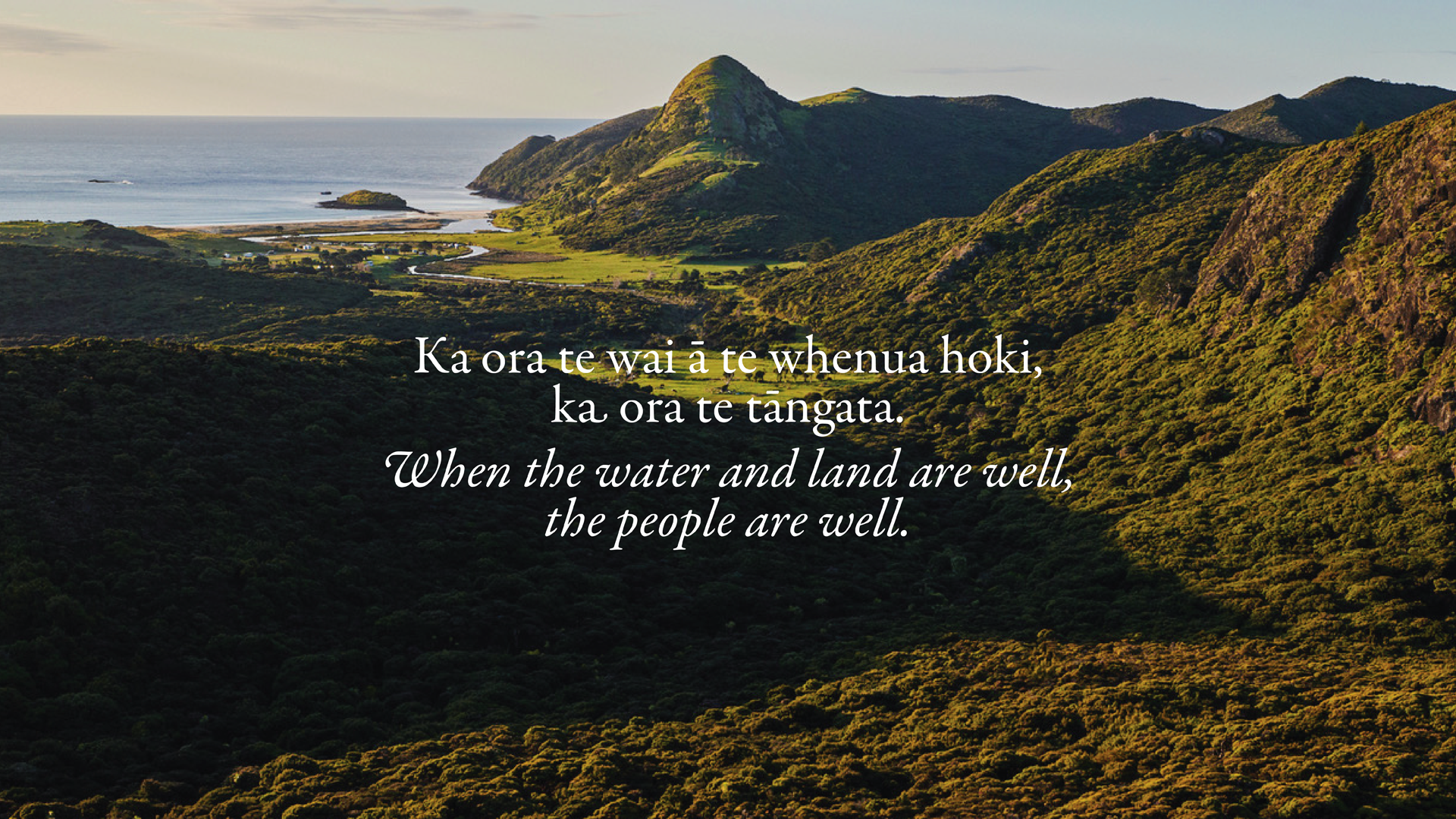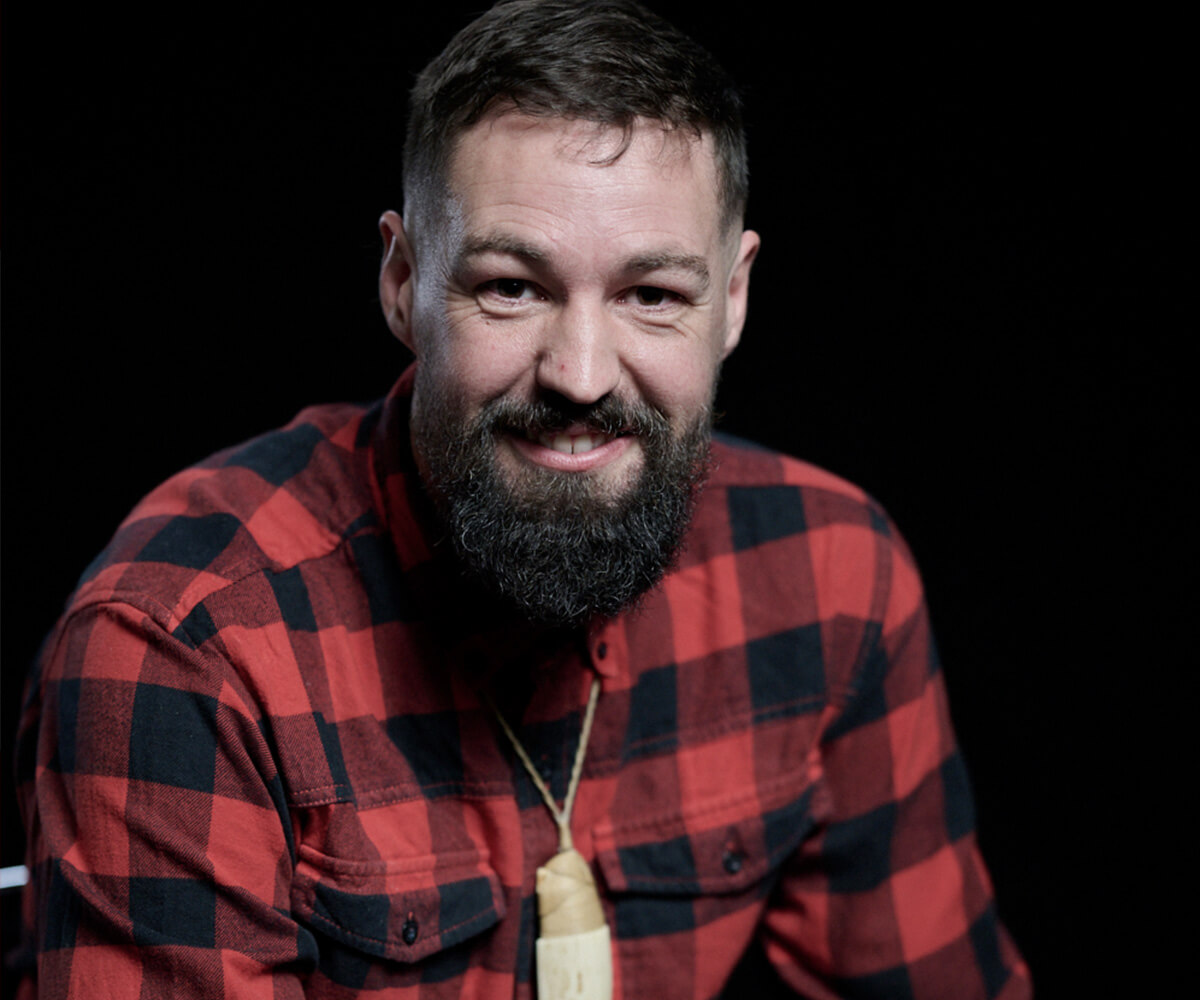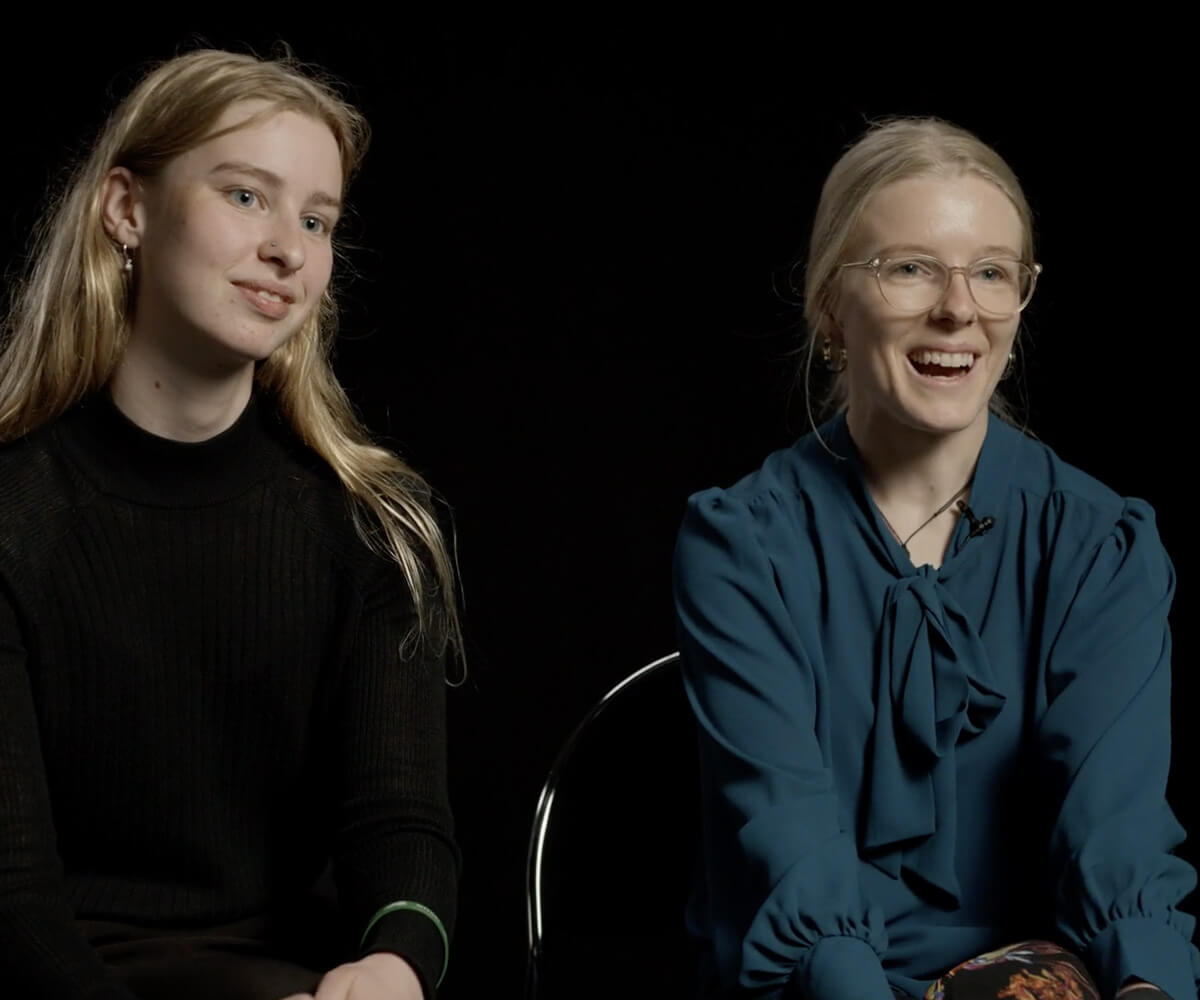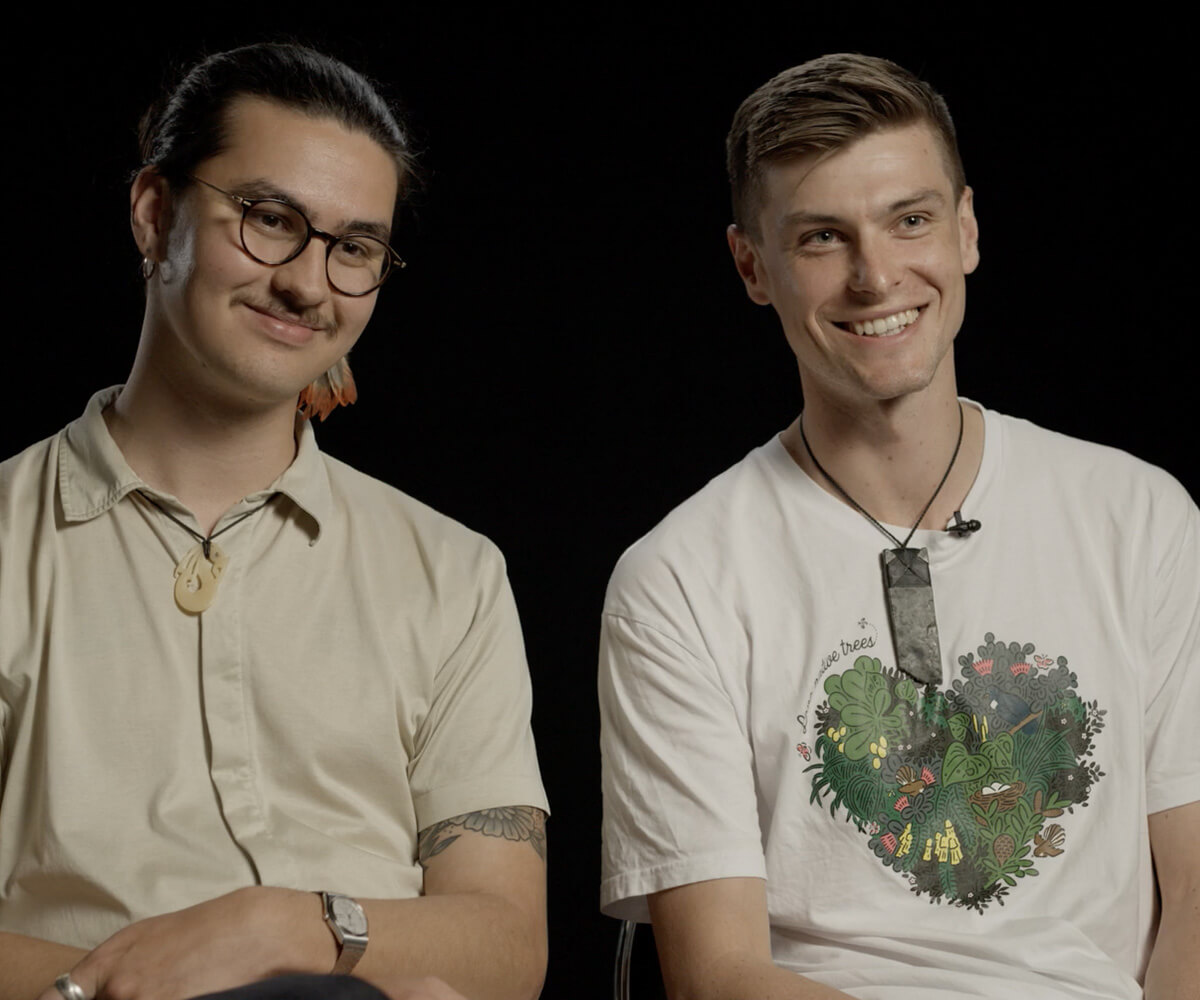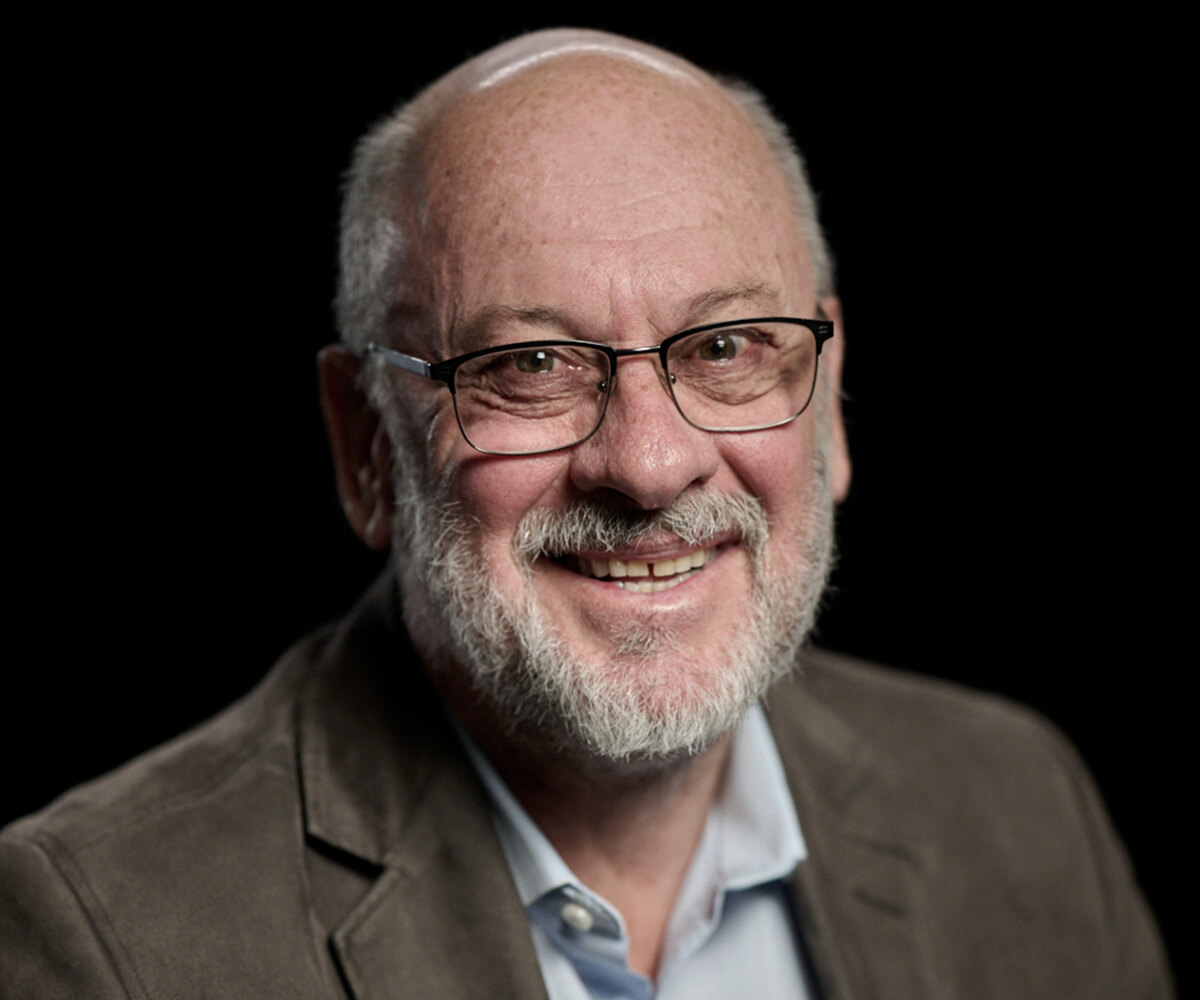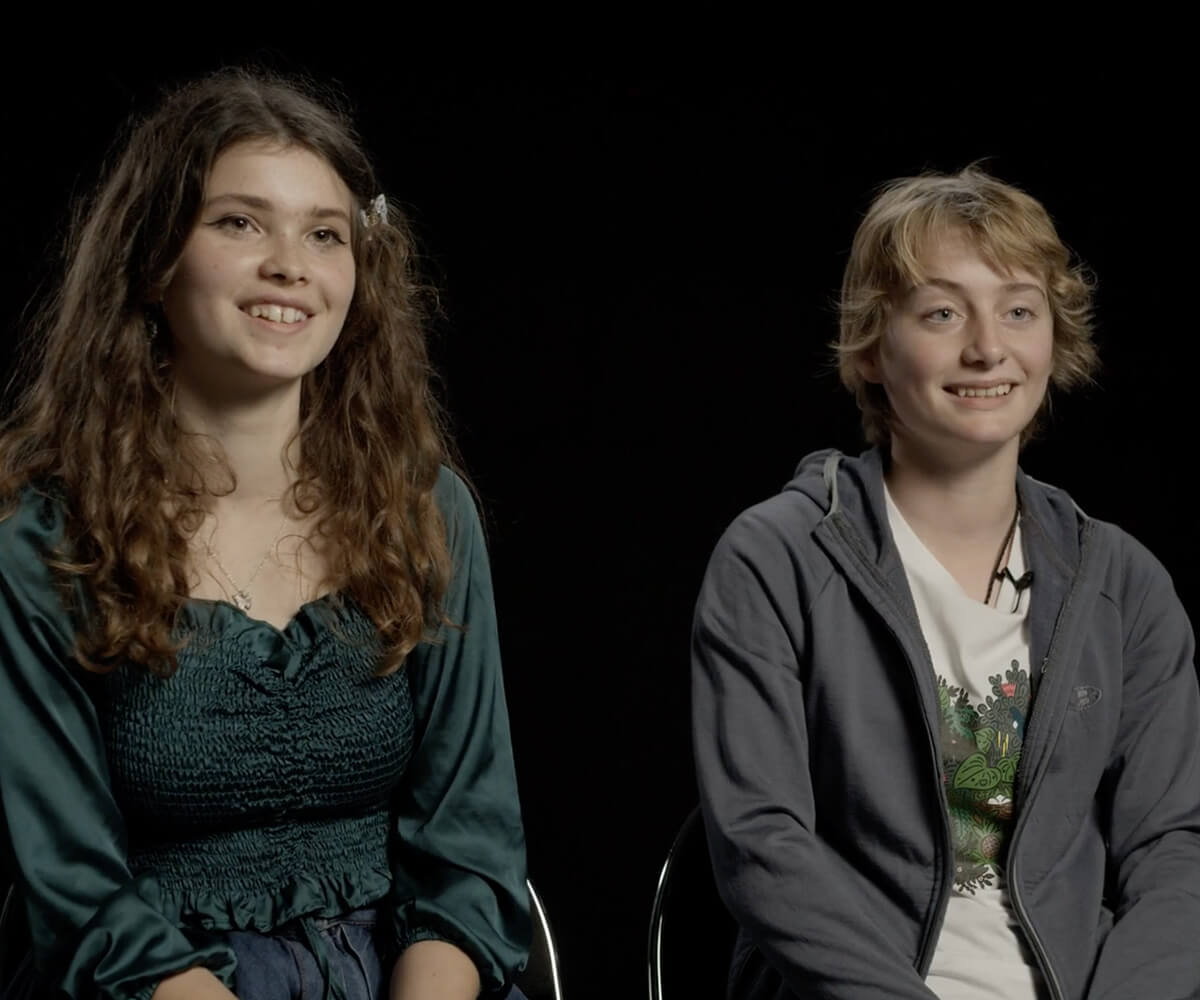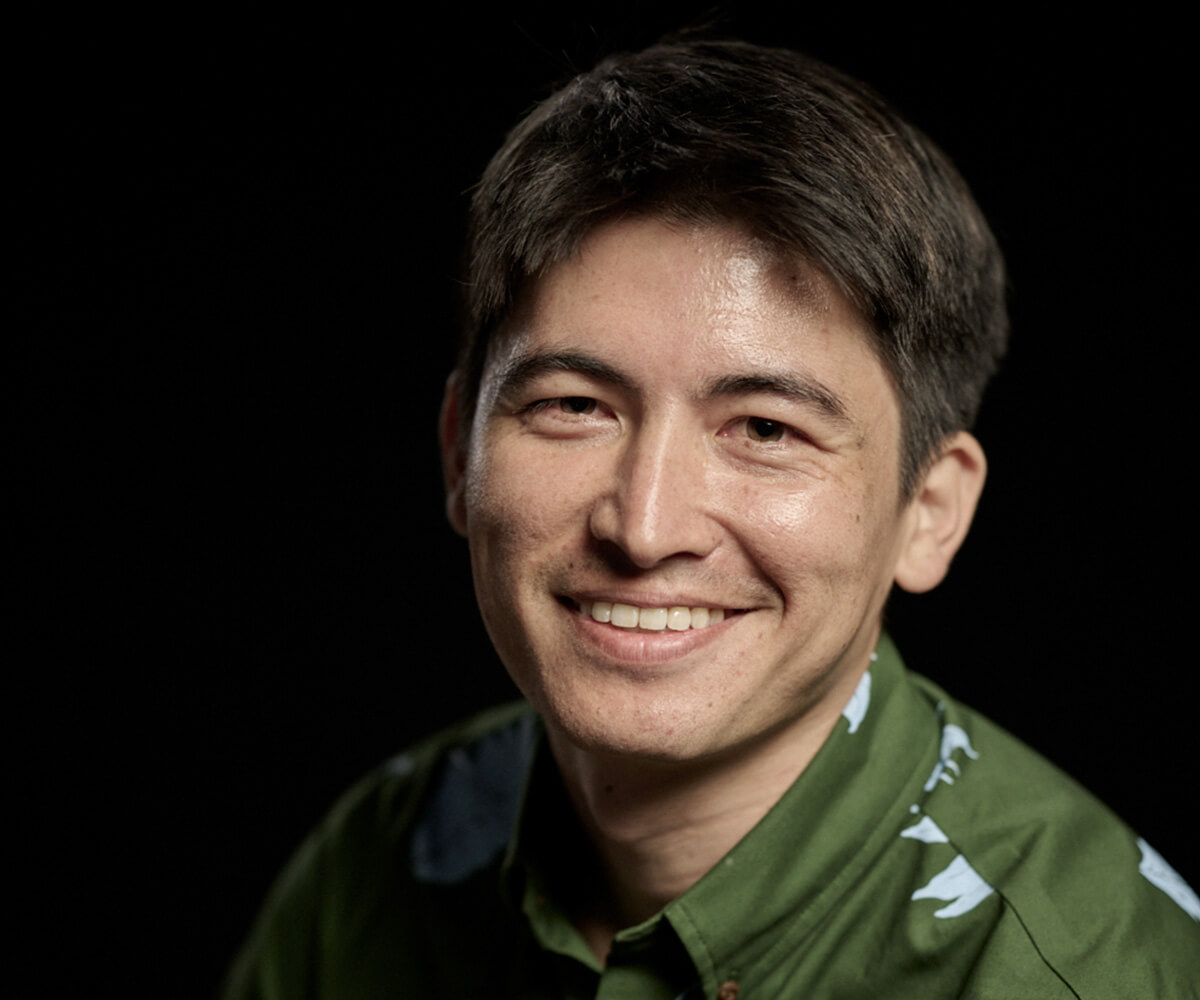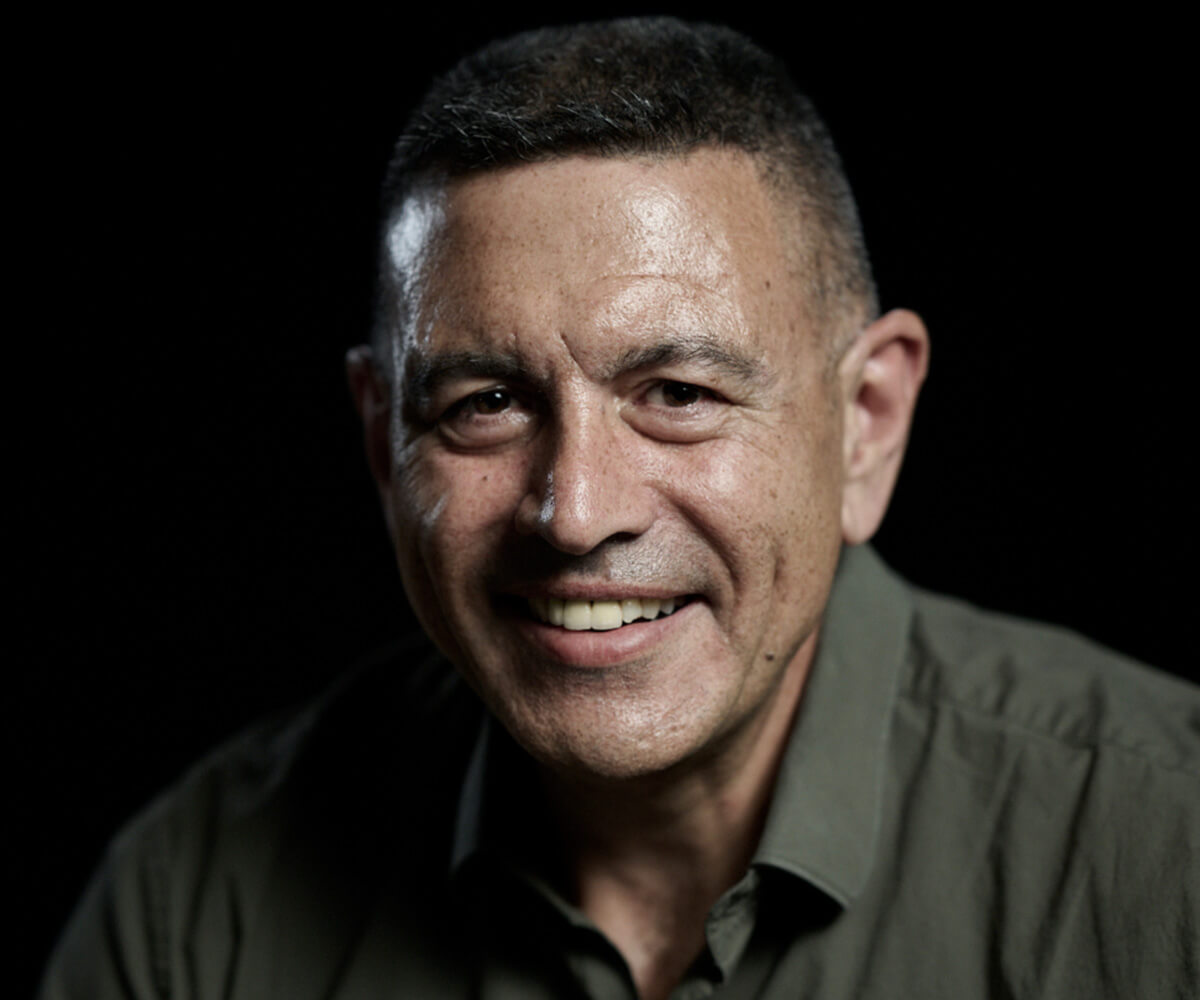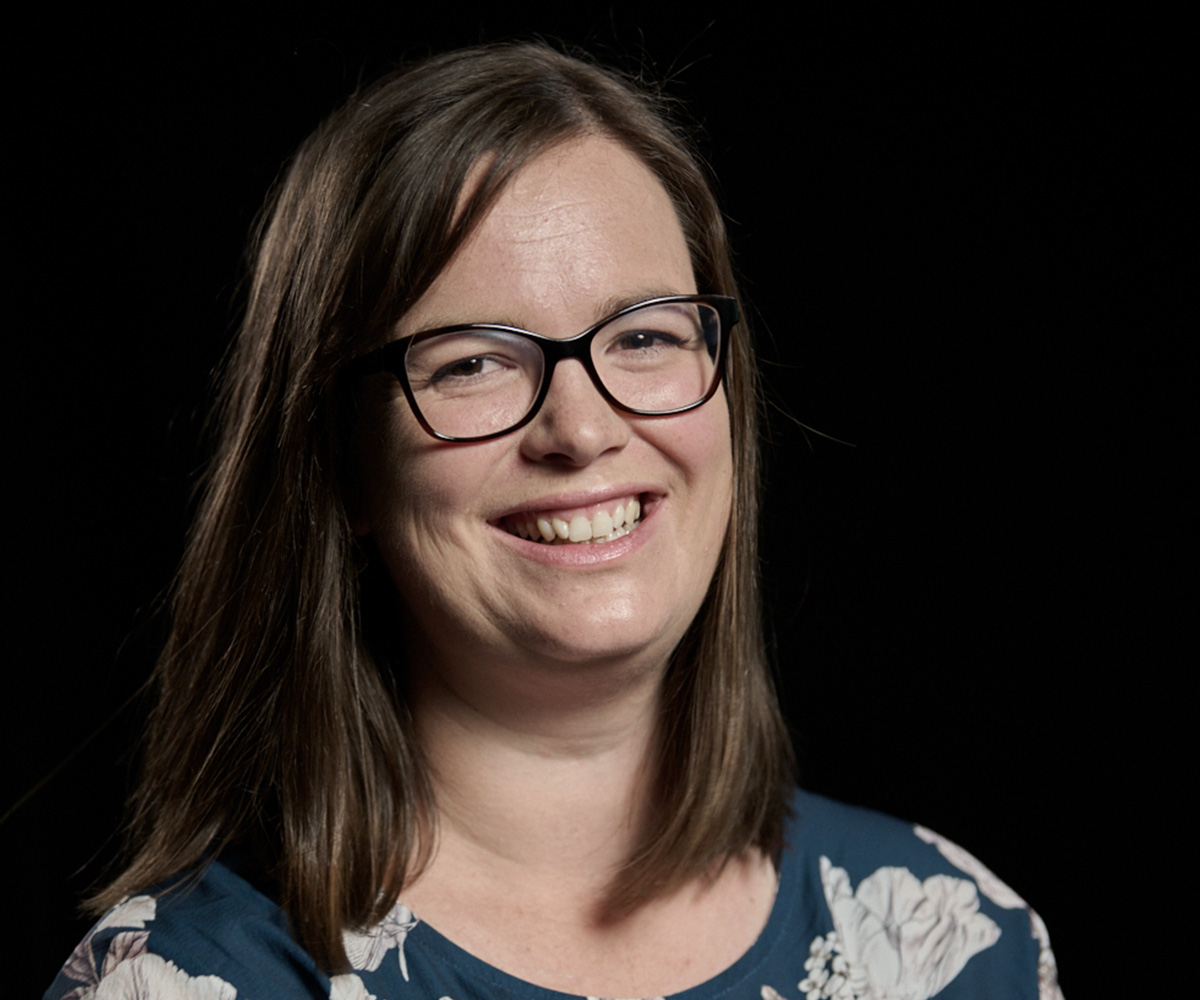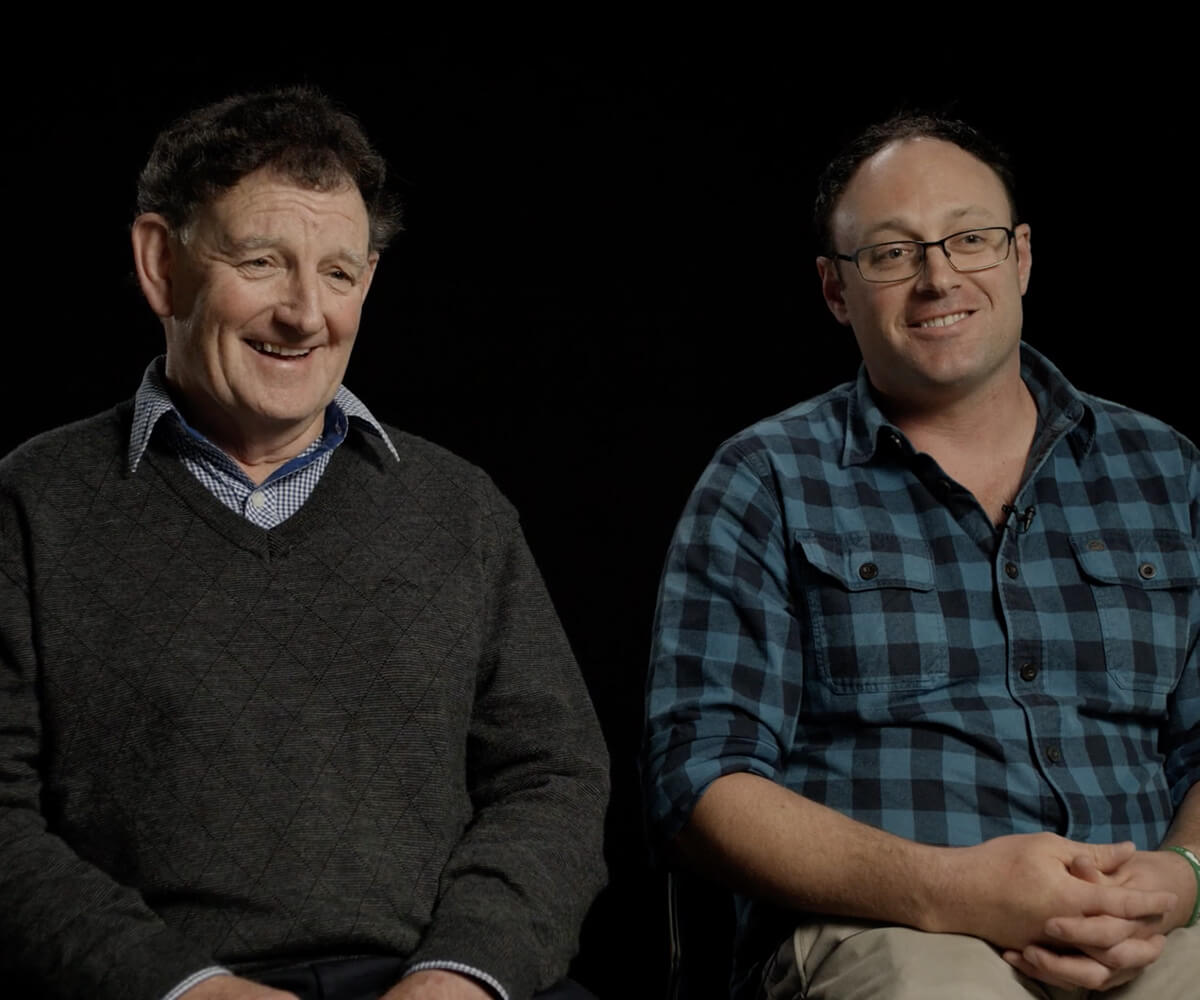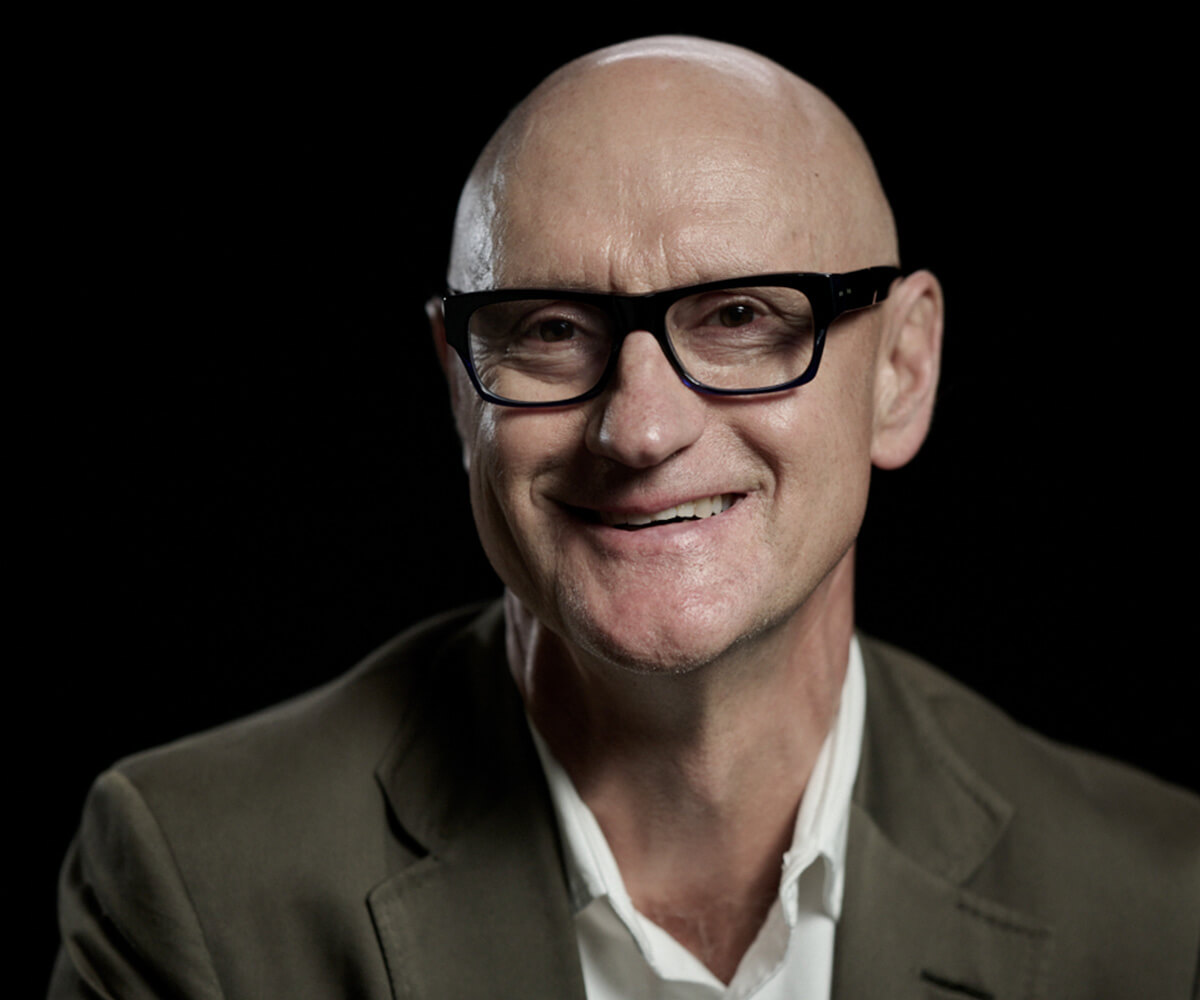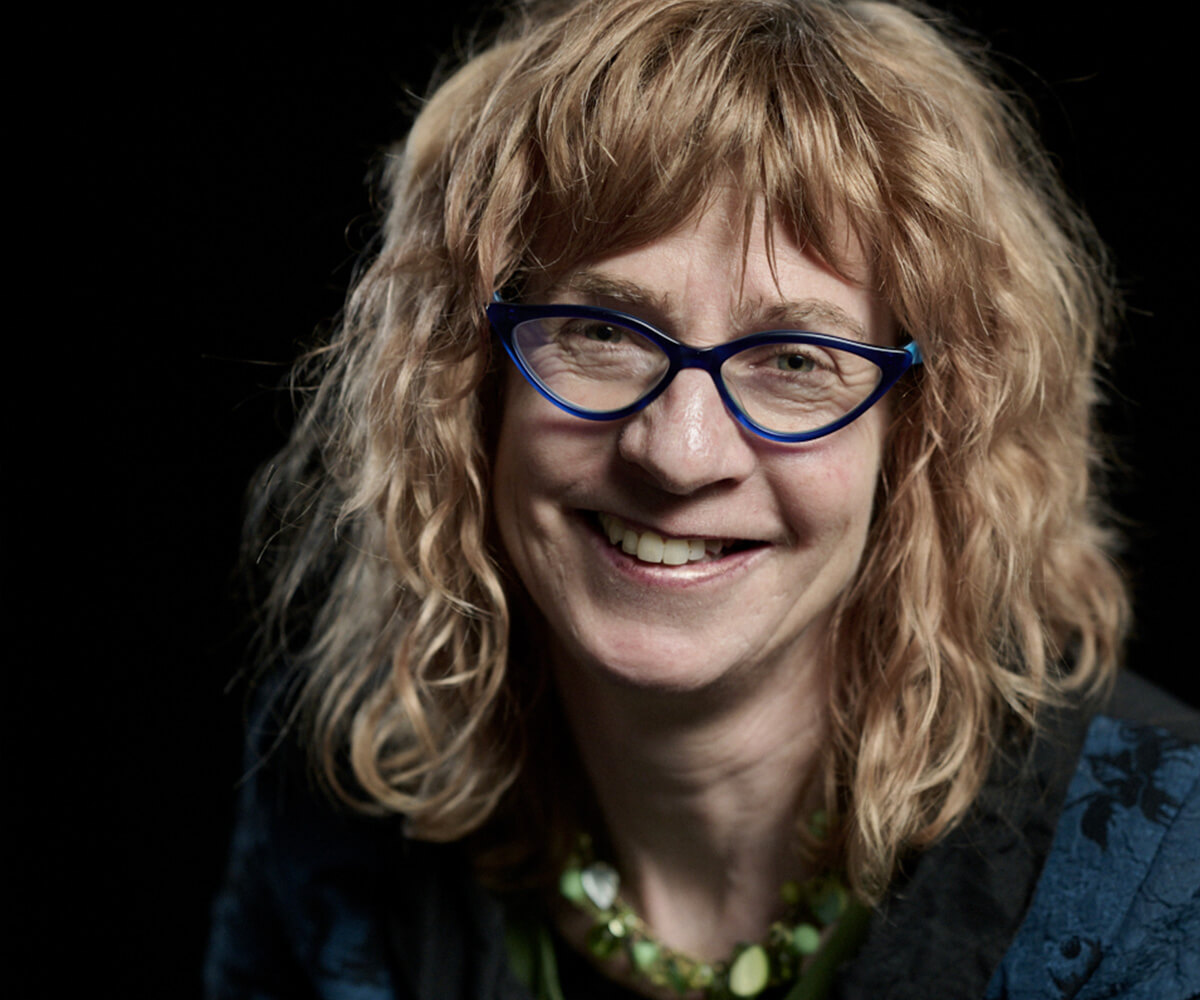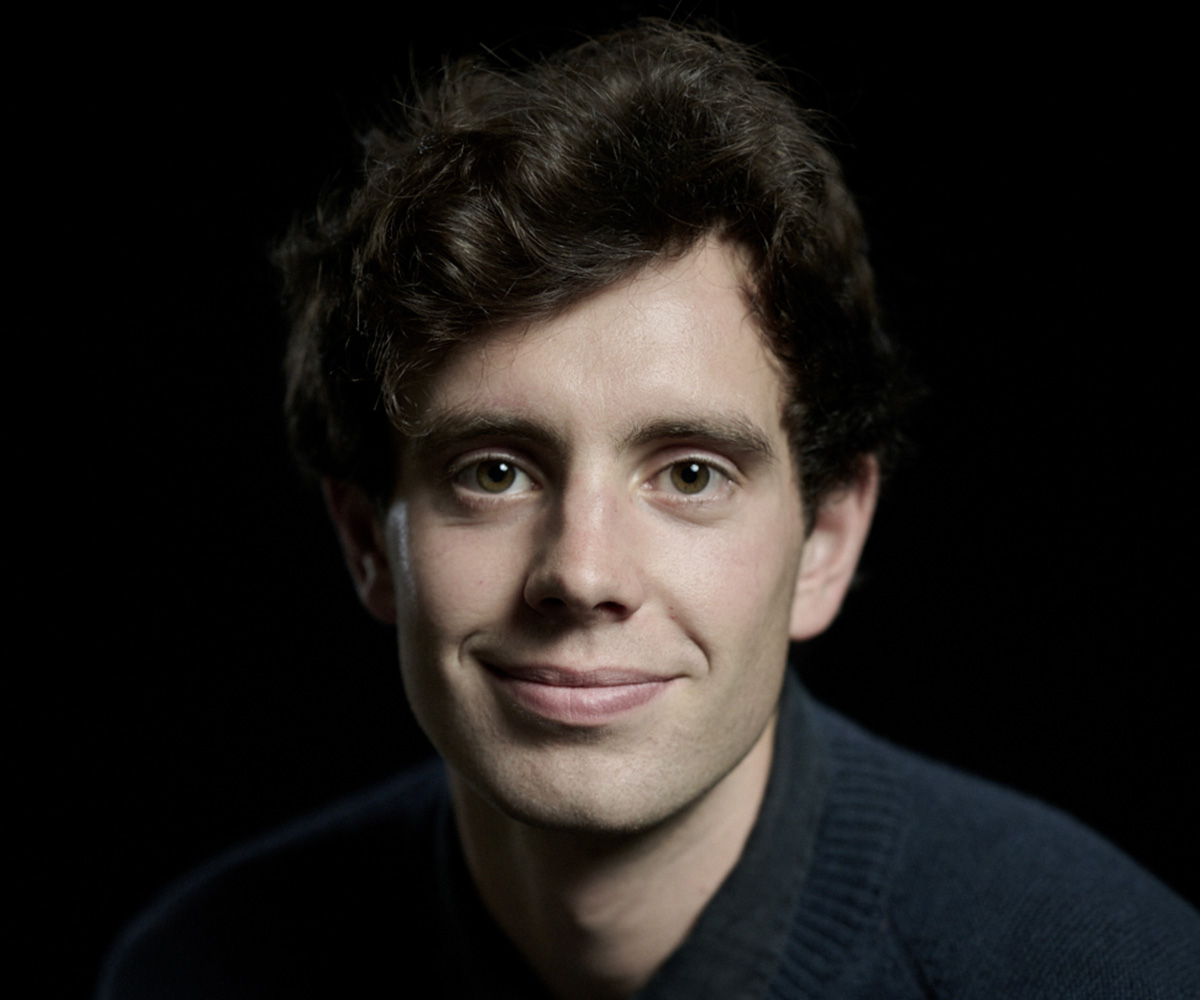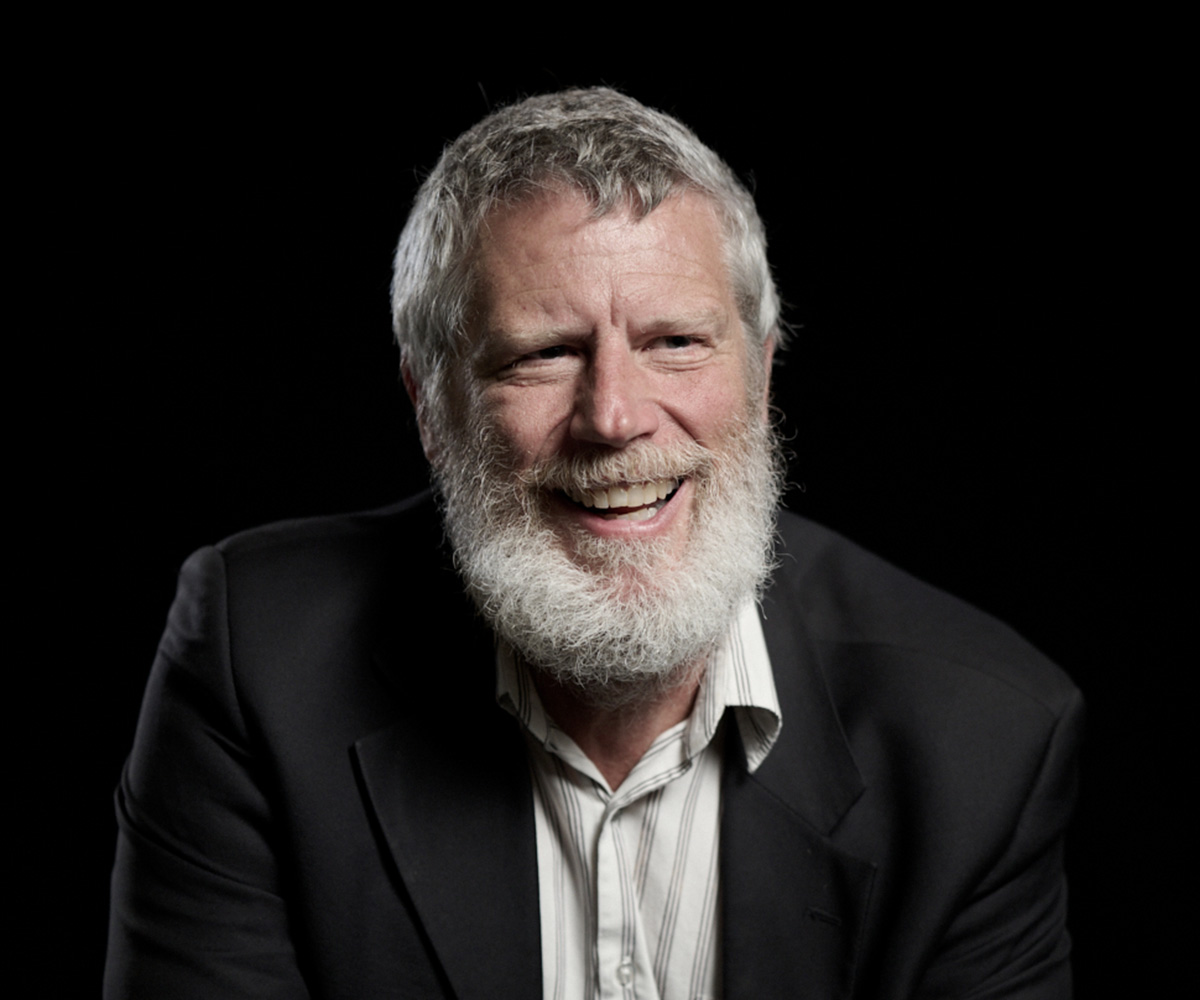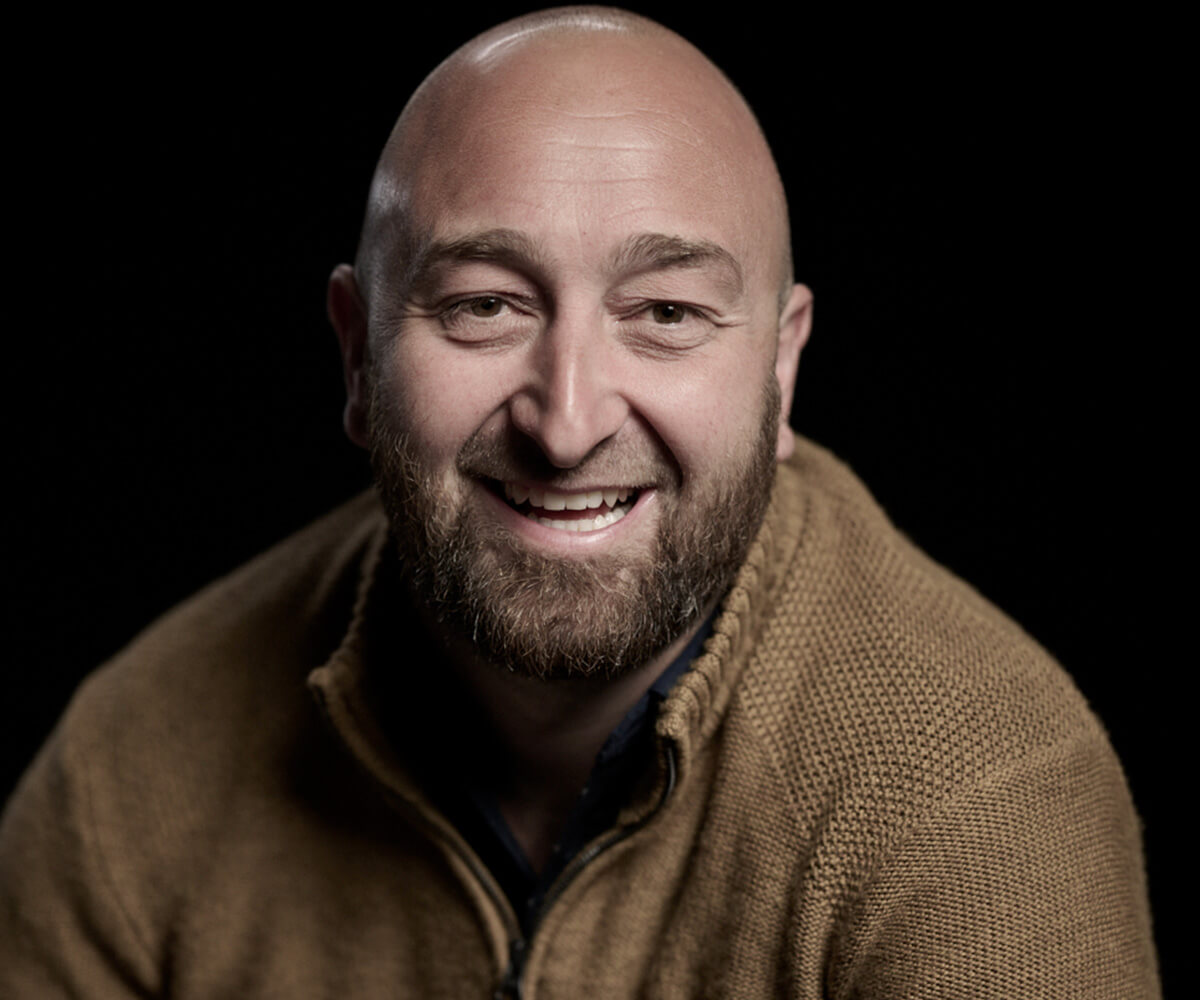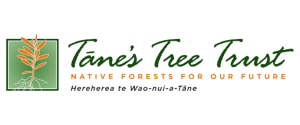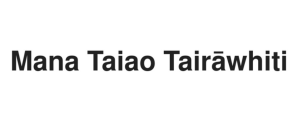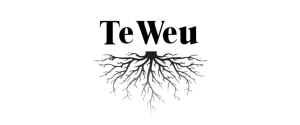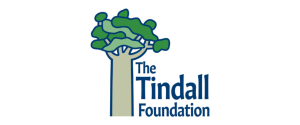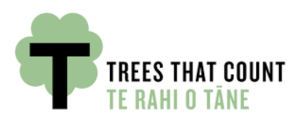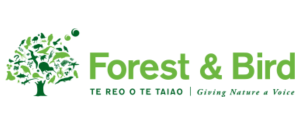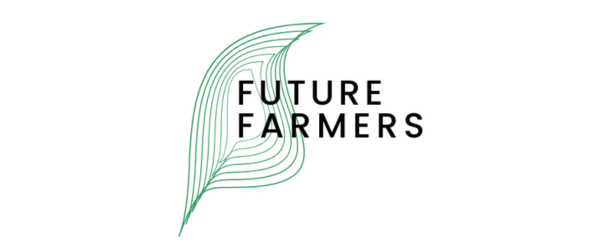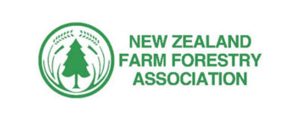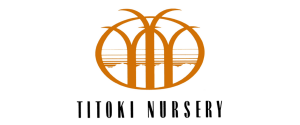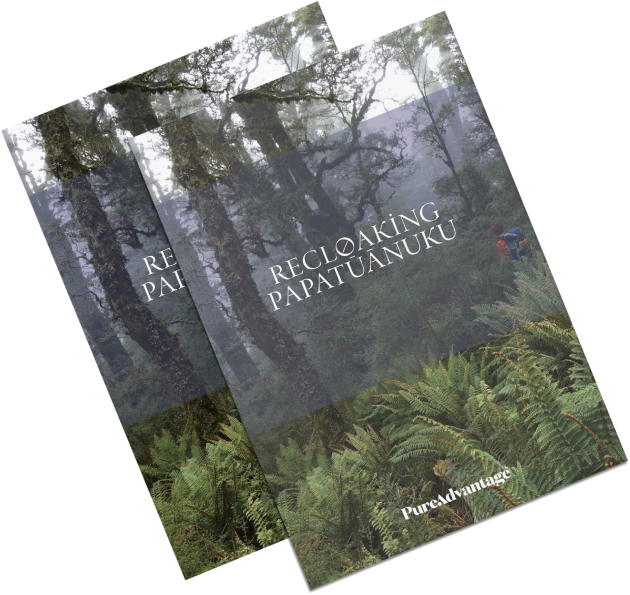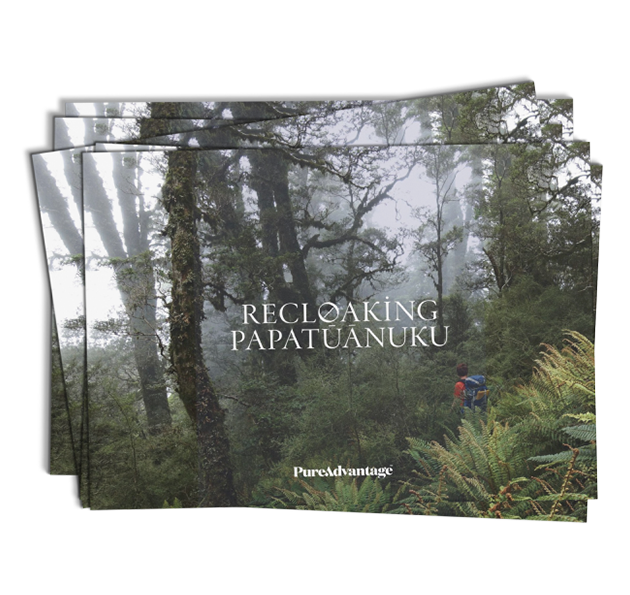
Call to Action
Aotearoa New Zealand’s rivers are polluted and choked with sediment, and forests are falling silent. Storms rage across our landscapes, driven by human-induced climate change, destroying communities and livelihoods, taking lives, and scarring the land. Ecosystems are collapsing, and sea levels and temperatures are rising.
Papatūānuku is in trouble. And so are we, her people.
The interrelated climate, fresh water and biodiversity crises are driven by human action, and inaction.
We now face an existential crisis. We caused this mess; we must fix it.
To this end, Pure Advantage and Tāne’s Tree Trust, with a growing alliance of signatories, including mana whenua groups with their ancestral connections to the land, are calling on Government, businesses, local communities, and every person in Aotearoa New Zealand to support and commit to Recloaking Papatūānuku – an urgent and ambitious programme to restore our indigenous forests.

Contents
The Recloaking Papatūānuku Proposal is a living document open for input as we continue to engage with the Government, Māori, experts, environmental and community groups. This Proposal outlines some possible features thereof, in the expectation of further developing and progressing these in collaboration with stakeholders.
Section 2: Thought Leaders
2.1. Quotes of support for Recloaking Papatūānuku
2.2. Recloaking Papatūānuku: hoping to restore almost one-fifth of NZ to healthy forest
2.3. Climate change – enough with the excuses
2.4. Seizing the moment for New Zealand’s native forests
2.5. New Zealand is currently on track for catastrophic runaway climate change: A call to arms
2.6. Why indigenous reforestation is a Treaty right – and the right thing to do
2.7. Bridging the gap between the wisdom of our elders and the innovation of our youth
2.8. The Pure Advantage of native forests
2.9. Climate change and personal responsibility
2.10. What will Recloaking Papatūānuku look like on the ground?
Section 4: Science
4.1. The Science of Regenerative Agriculture with Dr Gwen Grelet
4.2. Tackling two crises with one Nature-based Solution
4.3. Protect and restore – both approaches are required for New Zealand indigenous forests
4.4. Finding [head]space and time for 2 mill more hectares of native forest – it’s a mindset thing!
4.5. We deserve a native forestry future

Bridge to Recloaking Papatūānuku
This series of interviews with experts by Vincent Heeringa were recorded at the O Tātou Ngahere Conference which along with the O Tātou Ngahere campaign, have paved the way to Recloaking Papatūānuku.
Recloaking Papatūānuku must recognise and empower the stewardship of those who live on and care for the land. It will require multi-scale, multi-stakeholder support and commitment to fully realise the scope of its aspirations and the multiplicity of benefits it would deliver.
Sam ‘The Trap Man’ Gibson
Read More
“Cyclone Gabrielle hit and wreaked havoc on our Tairāwhiti river systems, sheep and beef farms, the whole taiao has been hit hard…we really need to take a good look at what the future of the region looks like.”
Rhiannon Mackie and Sophie Handford
Read More
“Everyone actually knows what we each need to be doing to reduce our footprint…we just need to get on and do it.”
Mikaere Berryman-Kamp and Taylor Davies-Colley
Read More
“The answer to our social issues, climate issues, environmental issues which are all just one big issue really, is the integration of us and nature.”
Prof. Tim Flannery
Read More
“We are in a position of great risk, the time for action to minimise risk is now, a decade from now what we do won’t be as impactful.”
Hallé Aish and Natalia Dunbier
Read More
“If the government figures out how to make native forests profitable in the eyes of the economy and the market, then I think people will put the same care and time into them as a farmer does with a dairy farm.”
Dr. Jason Preble
Read More
“We have biodiversity loss & climate crises at a planetary level & only in the last generation or two started to wrap our heads around the scale and we’ve never tackled a problem that big. We are going to need collaboration to match that problem scale which has never been done by humanity. “
Te Kapunga Dewes
Read More
“Yes we need to deal with gross emissions but we also just need a lot more trees, and preferably a lot more natives.”
Laura Watson
Read More
“There are thousands of farmers across the country carrying out restorative environmental projects and we need landowners to be incentivized and recognized for the incredible work that’s being done across our catchments.”
Dr. David Bergin and Michael Bergin
Read More
“Try to work with nature as much as possible and use all the other techniques of fencing, pest animal control, weed control and planting to supplement what nature can do. That is particularly required at large scale because if we’re looking for tens of thousands of hectares of marginal land to go into native forestry, we’re not going to be doing it by planting alone.”
Geoff Ross
Read More
“If we are to be levied on a stock unit we need to be rewarded for a tree, we need to be treating both sides of the ledger equally.”
Dr. Fiona Carswell
Read More
“A good future looks like a diversified landscape and we can take action to ensure nature can heal itself. We think natural regeneration will be much more effective at landscape scales and we don’t have to pay for every tree coming up in that process.”
Finn Ross
Read More
“We need to be pursuing emissions reductions as fast and far as possible and we need to be taking as much carbon out of the atmosphere and putting it into native forests as we can – the United Nations Sustainable Development Goal states we should be trying to restore 30% of every habitat by 2030.”
Dr. Rod Carr
Read More
“Native forests of mixed ages, mixed species and often indigenous in their location and specificities, those are the forests that will provide offsets for the hard to abate emissions, to keep us at net zero for the second half of this century.”
Adam Thompson
Read More
“My land connects me to my family, which connects me to the community which ultimately allows us to connect to the country as a whole and I think that’s really important.”
Sam ‘The Trap Man’ Gibson
Read More
“The bush is the one place I feel like me, the bush has looked after me since I was a little kid…I love the bush, for me, it is my place of wellbeing.”
Join the Movement
By strategically reforesting and restoring 2.1 million hectares of indigenous forests over the next 10 years, we can start to reverse the alarming decline of our indigenous species; protect and improve our soils and waterways; secure enduring, long term carbon sinks; and weave climate and ecological resilience into our landscapes.
The New Zealand Government has committed to prioritising domestic action to meet our climate obligations. As a relatively wealthy, developed nation, and also one of the highest-emitting per capita, we could – and should – be doing considerably more to ‘play our part’ and demonstrate global leadership in addressing our climate and biodiversity crises together.
Recloaking Papatūānuku presents a well-researched, cost-effective, multi-win and high value opportunity for Aotearoa New Zealand to globally pioneer the nationwide implementation of a nature-based solution to the climate and biodiversity crises.
Recloaking Papatūānuku is not a substitute for deep and urgent emissions reductions; rather, it is a necessary complement. It is a solution to address a range of critical and interlinked ecological issues synergistically, and with the degree of urgency and ambition of action that Papatūānuku needs and deserves. Success could see Aotearoa become the first nature-positive nation in the world.
Informed and guided by mātaraunga Māori, Recloaking Papatūānuku also acknowledges our collective responsibility for the well-being of Papatūānuku and her future mokopuna, presenting an intergenerational commitment to create a lasting legacy for them.
With multi-stakeholder support and collaboration across Aotearoa New Zealand, it is entirely achievable. But we need to start on this transformative initiative now.
The growing Recloaking Papaptūānuku alliance of signatories includes
Becoming a Signatory to Recloaking Papatūānuku represents your organisation’s full support for the initiative, including its rationale and core principles. Where possible, we expect our Signatories to help us continue to make the case for Recloaking Papatūānuku and realise its vision for a climate resilient, nature positive, thriving and prosperous Aotearoa New Zealand.
Want to show your support and come onboard?
Please get in touch via hello@pureadvantage.org to find out more.
PAPATŪĀNUKU,
OUR EARTH MOTHER, IS IN TROUBLE.
AND SO ARE WE, HER PEOPLE

Join the Movement
Contributors
Recloaking Papatūānuku is coming together with the collaboration of a range of experts and passionate people. Thank you to everyone involved to date.

Trustees: Sir Stephen Tindall, Phillip Mills, Dame Anne Salmond, Rob Morrison (Chair), Geoff Ross, Katherine Corich and Andrew Grant.
Secretariat: Simon Millar, Olivia Grainger, Molly Magid.

Trustees: Dr. Jacqui Aimers, Peter Berg ONZM, Dr. David Bergin, Michael Bergin, Ian Brennan, Ian Brown, Jon Dronfield, Gerard Horgan, Rob McGowan, Wayne O’Keefe, Paul Quinlan, Prof. Warwick Silvester ONZM.
Office: Mel Ruffell, Keri Wilson.
Contributors
Manu Caddie, Peter Crabtree, Olivia Grainger, Dr. Christina Hood, Emeritus Prof. David Norton, Amy Spitzer, Prof. Merata Kawharu
Media
Pead – Jack Wheeler and Caitlin Henneker
Whare PR – Bridgette Tapsell and Rangi Ahipene
Storybox
Vincent Heeringa
Creative Director
Warren Elwin
Imagery
Al Guthrie, Emeritus Prof. David Norton, Lance J. Kelleher
Related Campaigns
The outputs of our work programme flow through three primary channels – content, research and campaigns – and comprise a diverse range of activities.
